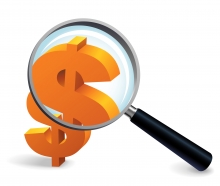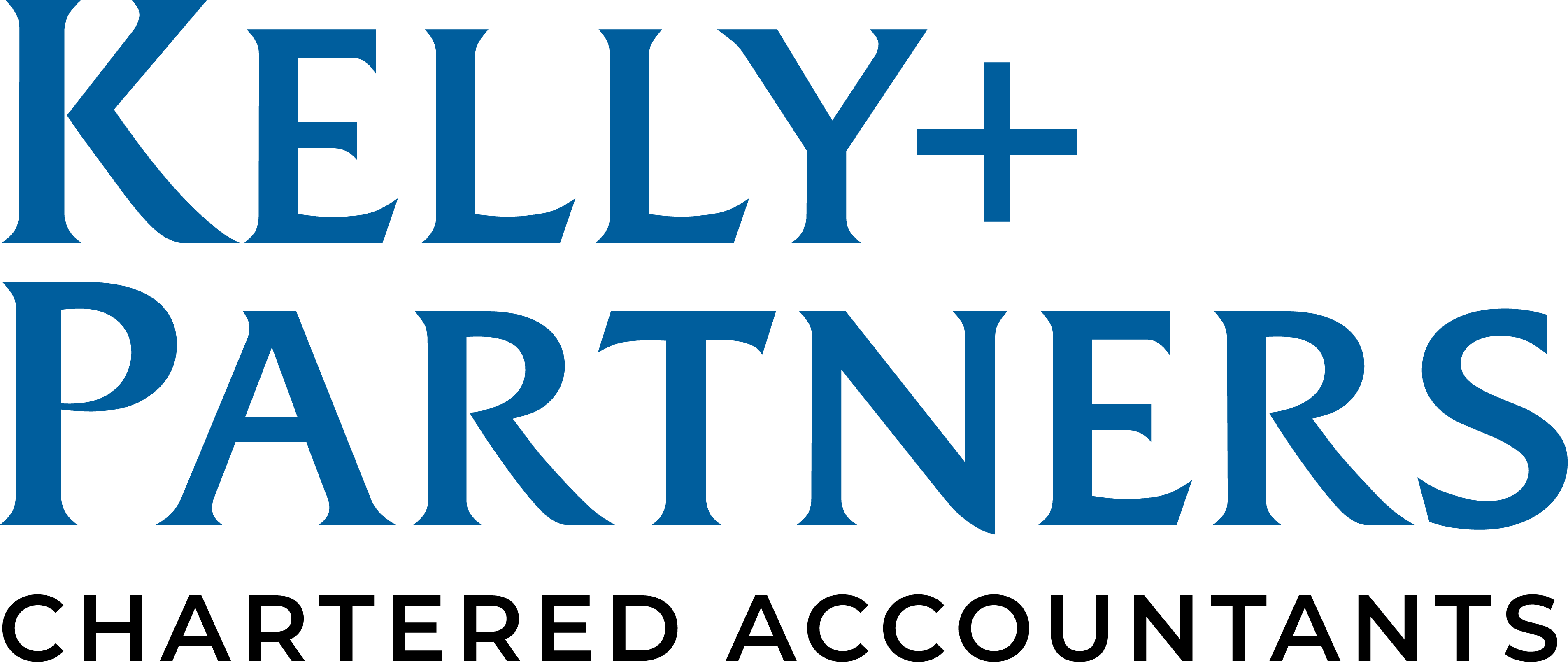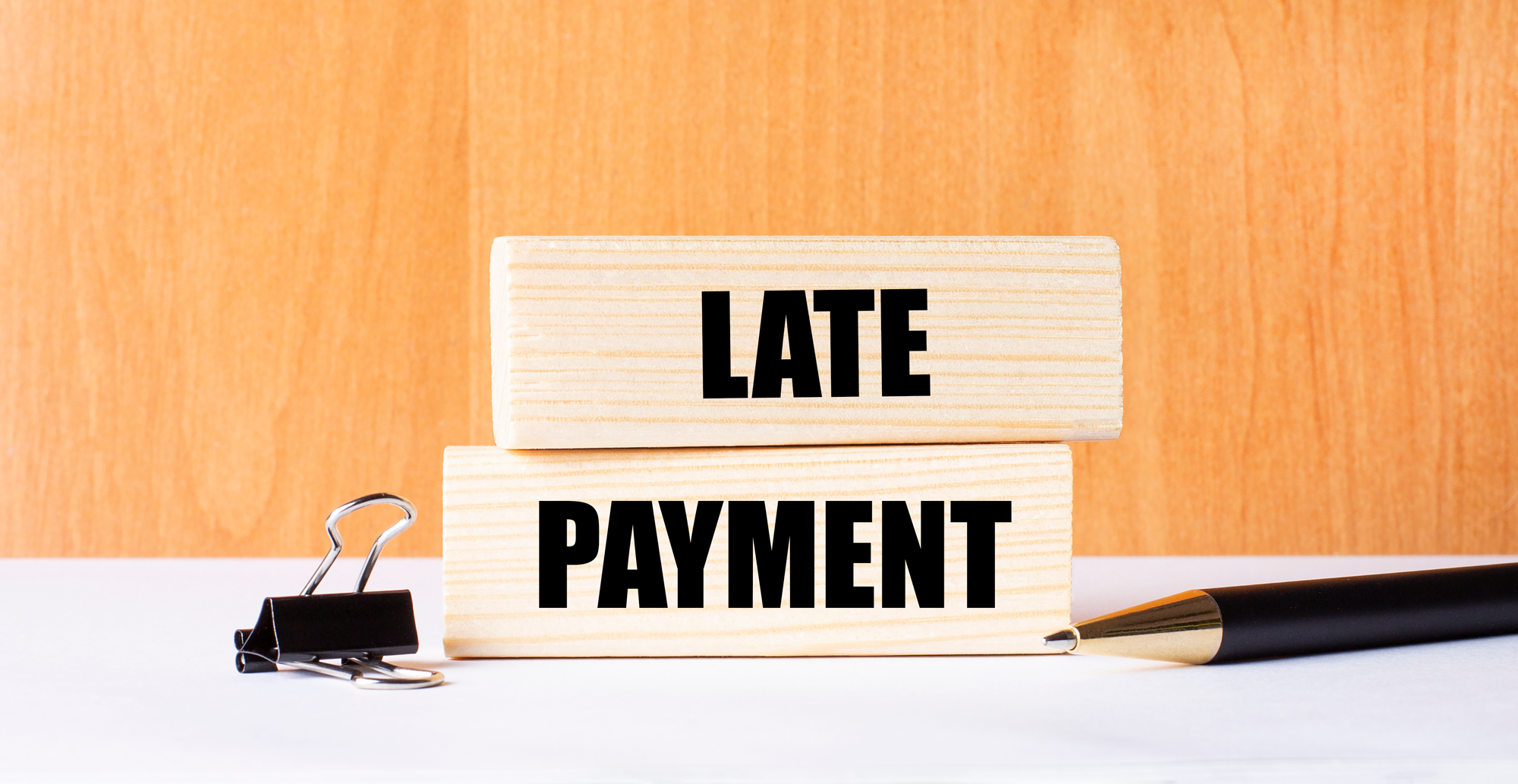Buying A Business & Due Diligence
 Would you buy a second hand car for $20,000 without a detailed inspection by a qualified mechanic? Presumably not. Then why would you invest tens or even hundreds of thousands of dollars to buy a business or franchise without a comprehensive review of the business?
Would you buy a second hand car for $20,000 without a detailed inspection by a qualified mechanic? Presumably not. Then why would you invest tens or even hundreds of thousands of dollars to buy a business or franchise without a comprehensive review of the business?
The ultimate reason you are buying a business or franchise is to generate a return on your investment. That return comes in the form of an annual income stream plus, hopefully, a capital gain when you sell the business. As such, before you sign the contract of sale you need to put the business through a ‘due diligence’ process. In a sense you are putting the business (or franchise) under the magnifying glass and the due diligence process should examine a range of issues.
The process usually starts with the financial aspects and if the business doesn’t pass the financial examination, it’s probably not worth investigating the other aspects. Depending on the type and size of the business you may need to review the staff, the business premises and commercial lease, equipment, suppliers and customers. There are so many questions you need to ask in the fact find stage including, but certainly not limited to:
- Are any of the staff related to the vendor and will they stay on post settlement?
- Are any related staff being paid non-commercial rates? (i.e. family inflated wages)
- Are any major customers related to the vendor and will you retain them? Are all their transactions at market rates?
- Are suppliers related to the vendor? Will you get the same price and volume discounts?
- Will the major active customers continue buying from you when the business transfers?
- Employees IP, turnover in recent years, related to the vendor, at market value – price adjusted for related persons (and are customers and suppliers related to vendor) All transactions at market value?
- Equipment and Machinery - Inspect and site all items and note the make, models, serial numbers plus service history
- Does this business have any patents or trademarks – are they current and transferable?
- Is the Lease on the property transferable and will the rental be on the same terms?
- Are there any pending legal issues or warranty claims on the products?
- Is a new competitor planning to open nearby?
The list of potential questions is long and research undertaken by Griffith University’s Asia-Pacific Centre for Franchising Excellence included a survey of just over 600 current and former franchisees and independent small business owners. The findings regarding due diligence were astonishing with the majority of new independent business owners and franchisees relying on their “gut feel” when setting up or buying a business. The survey also revealed the level of due diligence undertaken by operators before buying or establishing a new business in Australia was “unsophisticated” and most business owners have a “naïve” appreciation of business.
 Surprisingly, new business owners only spent a “relatively low” amount of time on the due diligence process and prospective franchisees tend to spend more time than independent business owners. This apparent lack of time and money invested on due diligence is a big surprise given business owners are often nervous and cautious when buying a business. The research revealed that the average spend by current and former franchisees was in the range of $2500 to $2700 while independent businesses owners spent between $1500 and $2290.
Surprisingly, new business owners only spent a “relatively low” amount of time on the due diligence process and prospective franchisees tend to spend more time than independent business owners. This apparent lack of time and money invested on due diligence is a big surprise given business owners are often nervous and cautious when buying a business. The research revealed that the average spend by current and former franchisees was in the range of $2500 to $2700 while independent businesses owners spent between $1500 and $2290.
THE FINANCIAL ASPECTS
While every business is different, your investigation should start with the historical sales figures of the business. Are they trending up or are they in decline? Is this trend consistent with industry? A business with declining sales or profits is a warning sign and the valuation should take this into account. You buy a business based on current financial data not on the financial potential of the business.
What is the trend with bottom line profits? Are they in decline and can you identify why? Have wages or other expenses blown out? Has the gross profit margin dropped and can you negotiate a better price with another supplier to lift the profit margin?
As a minimum, you need to obtain copies of the financial records for the past 3 years including balance sheets, profit and loss statements and if available, tax returns. Never rely on financial statements generated from the vendor’s accounting software program because too often they are a computerised shoebox. Ideally you should obtain certified copies from their accountant. As a guide, here is a list of basic introductory financial questions you should be asking but they are really only the tip of the iceberg:
- Do sales figures reconcile to point of sale records, bank deposits, Business Activity Statements and income tax returns etc.
- Have the records been well kept? Do they break sales down by product or service line?
- What are the sales patterns year-by-year and month-by-month? Is there a seasonal pattern?
- What is the sales mix (the ratio of each product sold to total sales)?
- Are there related party transactions that inflate the profit?
- Are profits adequate to warrant the risk of buying?
- Do a small percentage of customers represent a large percentage of sales? When was the last time they ordered and are they still a customer?
- Are there any one-off sales that won’t be recurring? What was the impact of these transactions on the business profit?
- Is there a list of plant and equipment plus fixtures and fittings that the owner intends to sell and where has the valuation come from for these items? Are any of these items under finance (lease or chattel mortgage) agreements?
- Details of any stock being sold with the business and the valuation method. How will it be counted and valued at settlement?
- Does the business have potential for growth and if so, what is your plan to turn that potential into profit? Can you increase sales with the current resources?
- Based on past financial results, have you done a future cash flow projection and profit forecast?
- Are you buying the accounts receivable/debtors? If so, do you have an aged listing of them?
- Has the existing owner received any pre-payments (e.g. deposits) that they should turn over to you at settlement?
- Are there any bad or doubtful debts?
The list goes on and while buying a business can be an adrenaline rush, you need to be thorough with your due diligence. To minimise risk you need to be patient plus have an understanding of the industry and potential game changers like emerging technology and new competitors. Make sure you know why the vendor is selling the business and always engage a solicitor to review the contract of sale because the devil is always in the detail. You might want the contract to have clauses about retention and restraint of trade so the vendor can’t start a similar business around the corner from the current location.
If you’re looking to buy a business or franchise, we urge you to consult with us. Over the years we have helped numerous clients value businesses and navigate their way through the due diligence process.
Click HERE to download the full edition of The Business Accelerator Magazine for September 2016.











